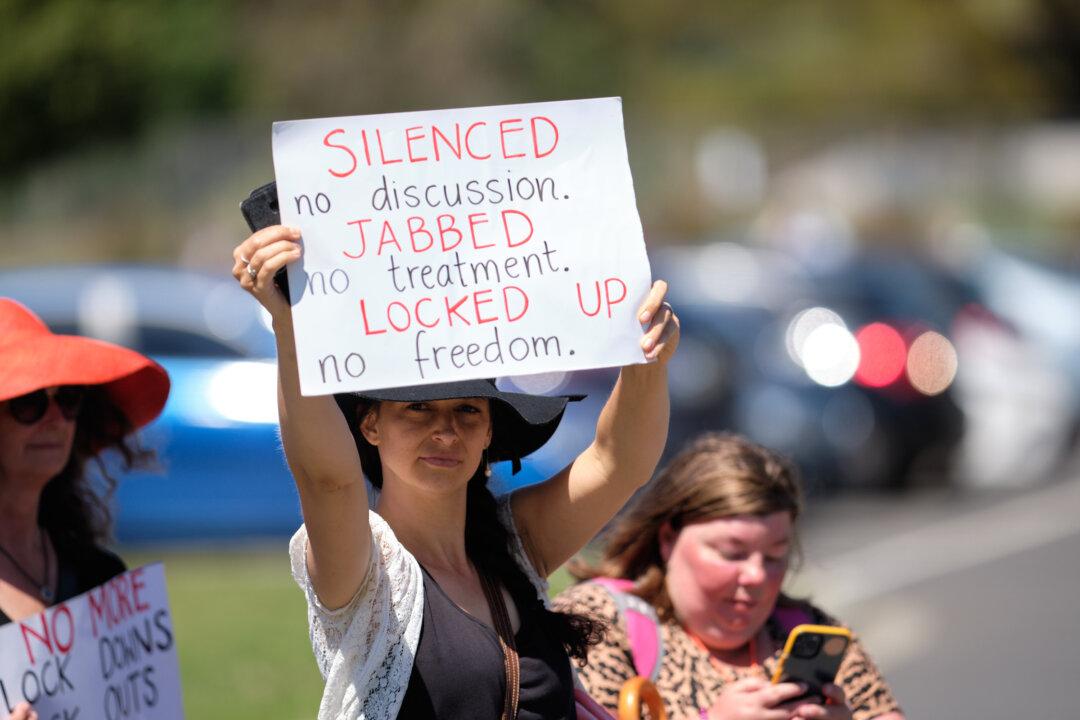A Royal Commission into the government’s pandemic response has passed the Australian Senate after upper house MPs voted to establish its terms of reference.
The Senate passed the motion on Oct. 19, following a push by nationalist One Nation Senator Malcolm Roberts, who called for transparency into the Australian government’s pandemic response.





